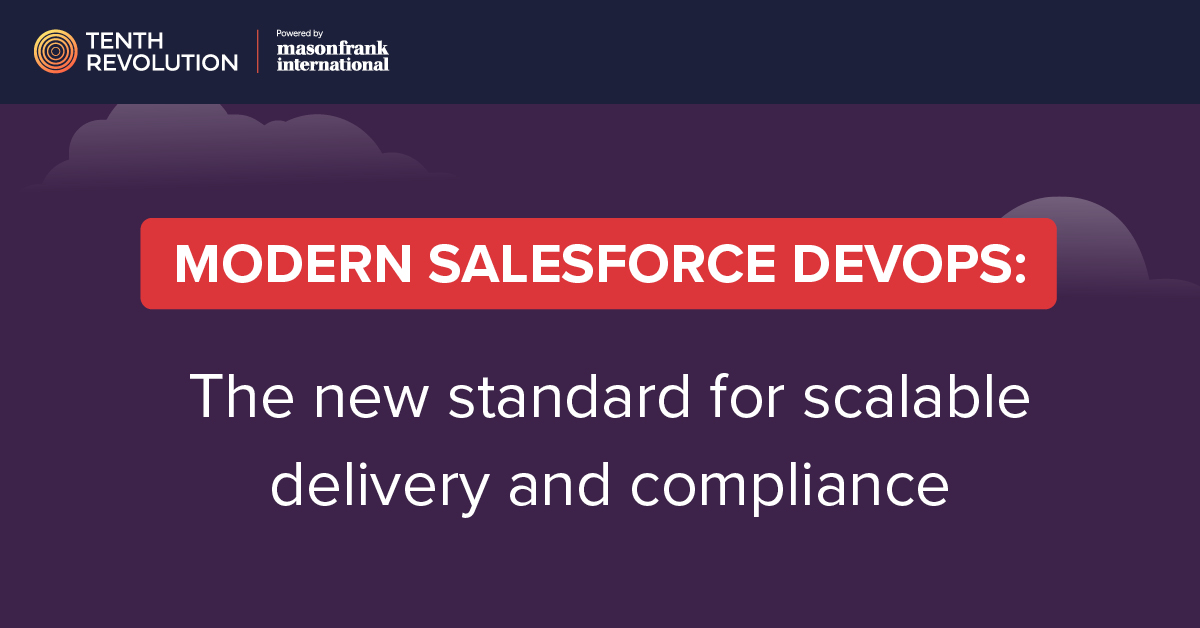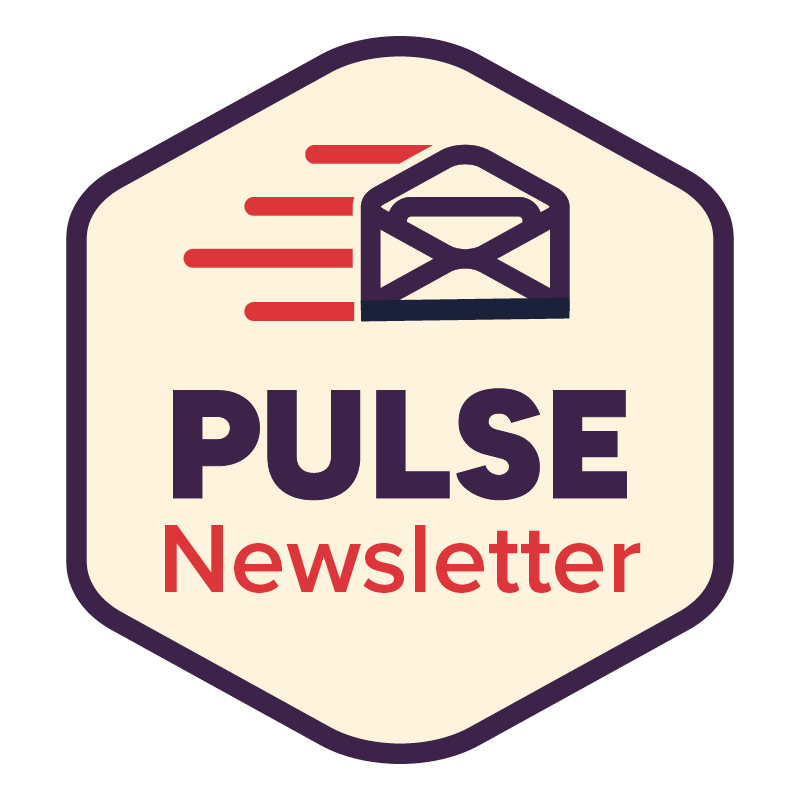
The way enterprises build and manage Salesforce applications is undergoing a fundamental shift.
What was once the domain of ad-hoc change sets and manual deployments is being replaced by modern Salesforce DevOps practices. Tools such as DevOps Center, Unlocked Packages, and automated testing frameworks are no longer optional—they’re fast becoming the industry standard for organizations that demand speed, scalability, and regulatory compliance.
For business leaders and technology executives, understanding this transition is critical. Salesforce DevOps can take you beyond a technical upgrade; to a smart move to ensure that innovation can scale securely and reliably across complex enterprise ecosystems.
Need Salesforce DevOps talent with experience in packaging, pipelines, and Hyperforce? Mason Frank can help you hire with confidence.
From Change Sets to DevOps Center: A Cultural Reset
For years, many Salesforce teams relied on change sets, which were manual, error-prone, and difficult to scale. With Salesforce DevOps Center, companies now have a modern, Git-based deployment pipeline that streamlines version control, collaboration, and release management.
- Centralized visibility: Track all changes across environments with audit-ready traceability.
- Agile alignment: Developers and admins can work together without losing transparency or control.
- Governance built-in: DevOps Center enforces structured processes that satisfy compliance requirements from day one.
This is not a tool upgrade, but a cultural reset. It moves teams away from firefighting deployments toward continuous, predictable delivery.
Why Unlocked Packages Are the Future of Modularity
Monolithic Salesforce orgs can quickly become tangled webs of customizations. Enter Unlocked Packages, Salesforce’s answer to modular architecture. By packaging custom apps, metadata, and configurations into discrete units, enterprises can:
- Deploy features independently without breaking other functionality.
- Reuse and version control components across multiple orgs.
- Scale innovation while maintaining strict compliance and audit standards.
Think of Unlocked Packages as the building blocks of a modern Salesforce ecosystem: lightweight, modular, and designed for enterprise scale.
Automated Testing: From Afterthought to Compliance Essential
In regulated industries like finance, healthcare, and the public sector, manual testing is a liability. With automated testing embedded into Salesforce DevOps pipelines, organizations can catch issues before they reach production, while also generating the evidence auditors require.
Benefits include:
- Risk reduction: Detect regressions early in the cycle.
- Regulatory alignment: Prove compliance with documented, repeatable testing.
- Faster release cycles: Ship confidently without sacrificing quality.
Automated testing turns compliance into a byproduct of good engineering practices, rather than a burden that slows innovation.
Curious how long it takes to secure DevOps talent? Our Careers & Hiring Guide has the latest time-to-hire data.
How Modern Salesforce DevOps Unlocks Business Value
For executives, the case for Salesforce DevOps isn’t just technical, it’s commercial. Moving to DevOps-driven delivery unlocks:
- Faster Time-to-Market – Continuous integration and delivery allow new features to reach users more quickly.
- Scalability with Control – Enterprises can expand Salesforce usage without creating unmanageable technical debt.
- Audit-Ready Compliance – Built-in traceability satisfies even the toughest regulators.
- Innovation Without Disruption – Modular packaging and automated testing reduce production risk.
In short, DevOps empowers enterprises to innovate rapidly without compromising trust or compliance—a balance every executive cares about.
Practical Steps to Embrace Salesforce DevOps
For organizations making the leap, here’s a pragmatic path forward:
- Adopt DevOps Center first to unify teams and enforce a standardized release process.
- Introduce Unlocked Packages gradually, starting with new apps or discrete features to build modular muscle.
- Automate testing early, even if starting small, to build confidence and compliance into your delivery pipeline.
- Invest in enablement: Train admins and developers in modern DevOps practices, ensuring adoption isn’t limited to a single team.
- Measure success with KPIs such as deployment frequency, mean time to recovery (MTTR), and audit pass rates.
These steps not only modernize Salesforce delivery but also align IT with the broader business goals of speed, compliance, and customer trust.
DevOps as a Strategic Imperative
Modern Salesforce DevOps is more than a buzzword. With DevOps Center, Unlocked Packages, and automated testing, enterprises can deliver innovation at scale while meeting the compliance standards that regulators (and customers) expect. What was once a best practice is quickly becoming the non-negotiable standard for enterprise Salesforce delivery.
The question for leaders isn’t whether to adopt modern Salesforce DevOps, it’s how quickly you can make the transition before falling behind competitors.


